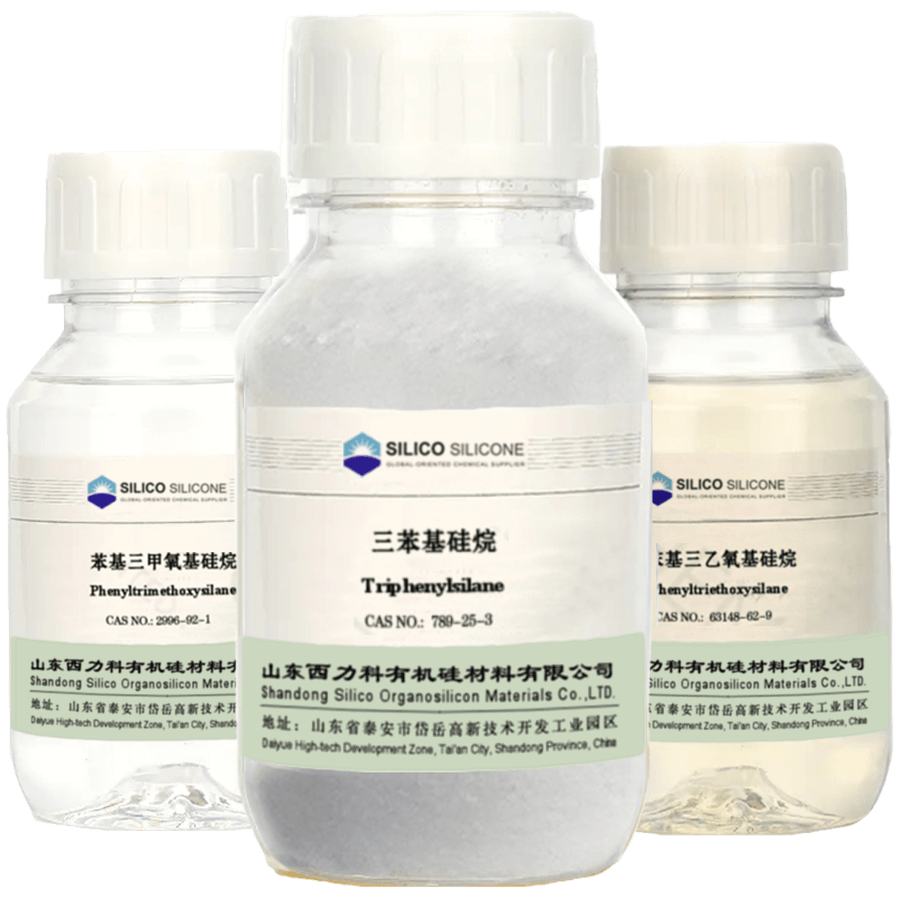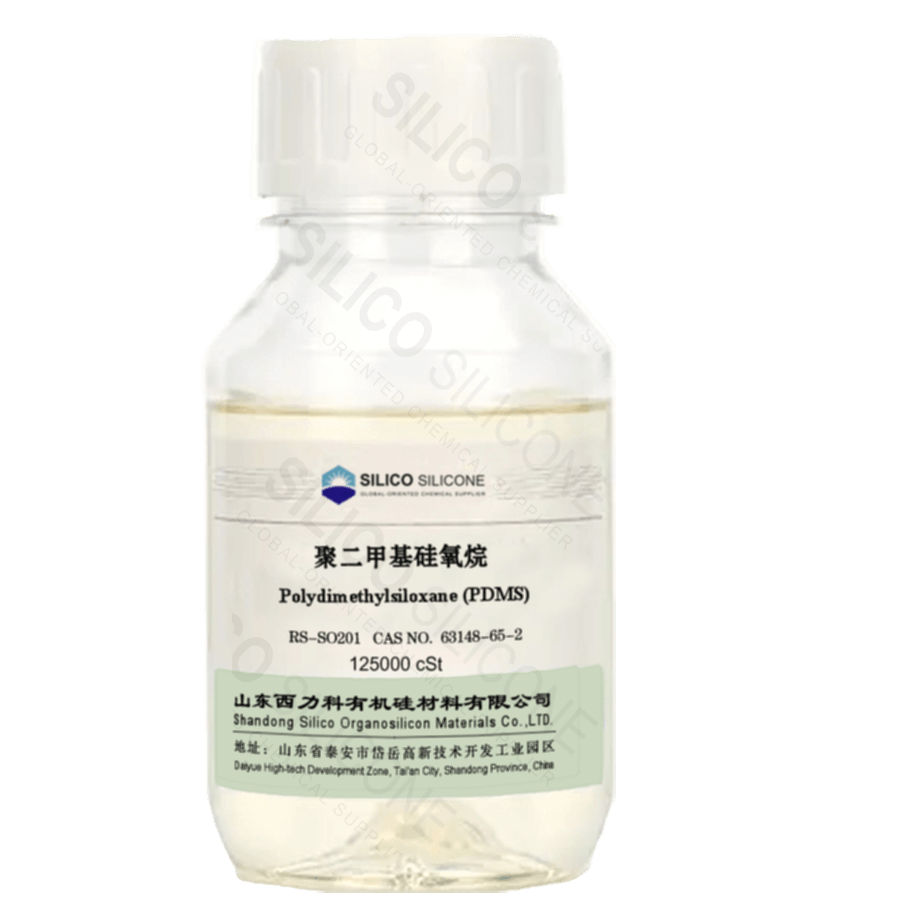What are the prices of different types of silicone Resin in 2024?
- Blog
- February 6, 2024
- 3:50 pm
Silicone resins are versatile materials known for their thermal stability, durability, and adaptability, making them invaluable across industries. Their applications span from protective coatings in automotive and electronics to flexible molds in industrial manufacturing. In 2024, silicone resin prices range between $3 and $18 per kilogram, depending on resin type, quality, and specific application needs. This article explores various types of silicone resin, their applications, and key factors influencing pricing to help you make informed purchasing decisions.
Table of Contents
Types of different Silicone Resin Prices in 2024
- Methyl Silicone Resin
- Overview: Methyl silicone resin is one of the most commonly used types, valued for its excellent thermal stability and water repellency. It is widely utilized in coatings for industrial and construction applications where heat resistance is critical.
- Price Range: Approximately $3 to $7 per kilogram, depending on the supplier and production region.
- Applications: Methyl silicone resins are often found in high-temperature coatings, anti-corrosion finishes, and water-repellent treatments for buildings and machinery.
- Phenyl Silicone Resin
- Overview: Known for its superior heat resistance, phenyl silicone resin is ideal for high-temperature environments such as automotive and aerospace applications.
- Price Range: Typically around $6 to $15 per kilogram.
- Applications: This resin is used in applications requiring high thermal stability, such as in the automotive and aerospace industries, where components must withstand extreme temperatures.
- Epoxy-Modified Silicone Resin
- Overview: Epoxy-modified silicone resins offer enhanced adhesion and flexibility, making them ideal for specialized coatings and adhesives in electronics and medical devices.
- Price Range: Higher than standard silicone resins, averaging $8 to $18 per kilogram.
- Applications: These resins are preferred in electronic devices, circuit board coatings, and protective layers in medical equipment due to their excellent adhesive properties.
- Vinyl Silicone Resin
- Overview: Vinyl silicone resin is known for its flexibility and compatibility with other materials, making it popular for use in sealants, adhesives, and flexible molds.
- Price Range: Typically ranges from $5 to $12 per kilogram.
- Applications: Commonly used in sealants, adhesives, and flexible molds, vinyl silicone resin is highly valued in industries requiring durable yet flexible materials, like the construction and automotive sectors.
- Alkoxy Silicone Resin
- Overview: With a strong bond to various substrates, alkoxy silicone resin is highly resistant to environmental factors, making it ideal for outdoor applications.
- Price Range: Around $6 to $15 per kilogram, depending on quality and specific modifications.
- Applications: Alkoxy silicone resins are widely used in outdoor coatings, weather-resistant adhesives, and sealants, providing long-term durability in harsh environments.
Factors Influencing Silicone Resin Prices in 2024
- Raw Material Costs: Silicone resins are derived from raw materials like silica, which has seen price fluctuations in recent years. Rising costs for raw materials, coupled with increased energy expenses, have contributed to price volatility in the silicone resin market.
- Regional Production and Demand: Asia-Pacific, particularly China, dominates silicone resin manufacturing due to its high industrial output and demand in construction and automotive sectors. Regions like North America and Europe focus on high-performance and eco-friendly silicone resins, often resulting in higher prices.
- Technological Advancements: The development of specialized silicone resins for applications like 3D printing and medical devices has introduced more complex and costly manufacturing processes. High-performance, application-specific resins, such as those used in electronics or medical-grade silicone products, tend to be more expensive.
- Environmental and Regulatory Factors: Stringent regulations, especially in Europe and North America, are encouraging manufacturers to produce eco-friendly and recyclable silicone resins, which may increase production costs but also open new market opportunities
Future Market Outlook
The global silicone resin market is expected to grow, driven by increased demand from the automotive, electronics, and healthcare sectors. The expansion of electric vehicles and renewable energy projects has increased the need for advanced, heat-resistant silicone coatings. Furthermore, demand for medical-grade silicone is on the rise, especially in applications for wearable health devices and medical tools.
Tips for Cost Optimization
- Bulk Purchasing: Manufacturers often offer discounts on bulk orders, which can help reduce per-unit costs.
- Supplier Contracts: Securing long-term contracts with suppliers can lock in favorable rates, providing stability in volatile markets.
- Regional Sourcing: Sourcing from high-production regions, like Asia-Pacific, can help reduce logistics costs and benefit from competitive pricing.
Conclusion
The 2024 Silicone resins market offers a variety of resin types tailored to specific applications, with prices ranging from $3 to $18 per kilogram. Methyl, phenyl, epoxy-modified, vinyl, and alkoxy resins each offer unique properties suited to diverse industrial needs. With rising raw material costs and growing industrial demand, careful sourcing and strategic partnerships can help businesses manage expenses. By understanding the nuances of each resin type, industries can make informed decisions to optimize both performance and cost.
For up-to-date market data and trends, consider consulting reports from industry analysts and manufacturers specializing in silicone resin.
Popular Recommendations
- Most popular products
TRENDING
- Address: Daiyue Industrial Area, Taian, Shandong, China


